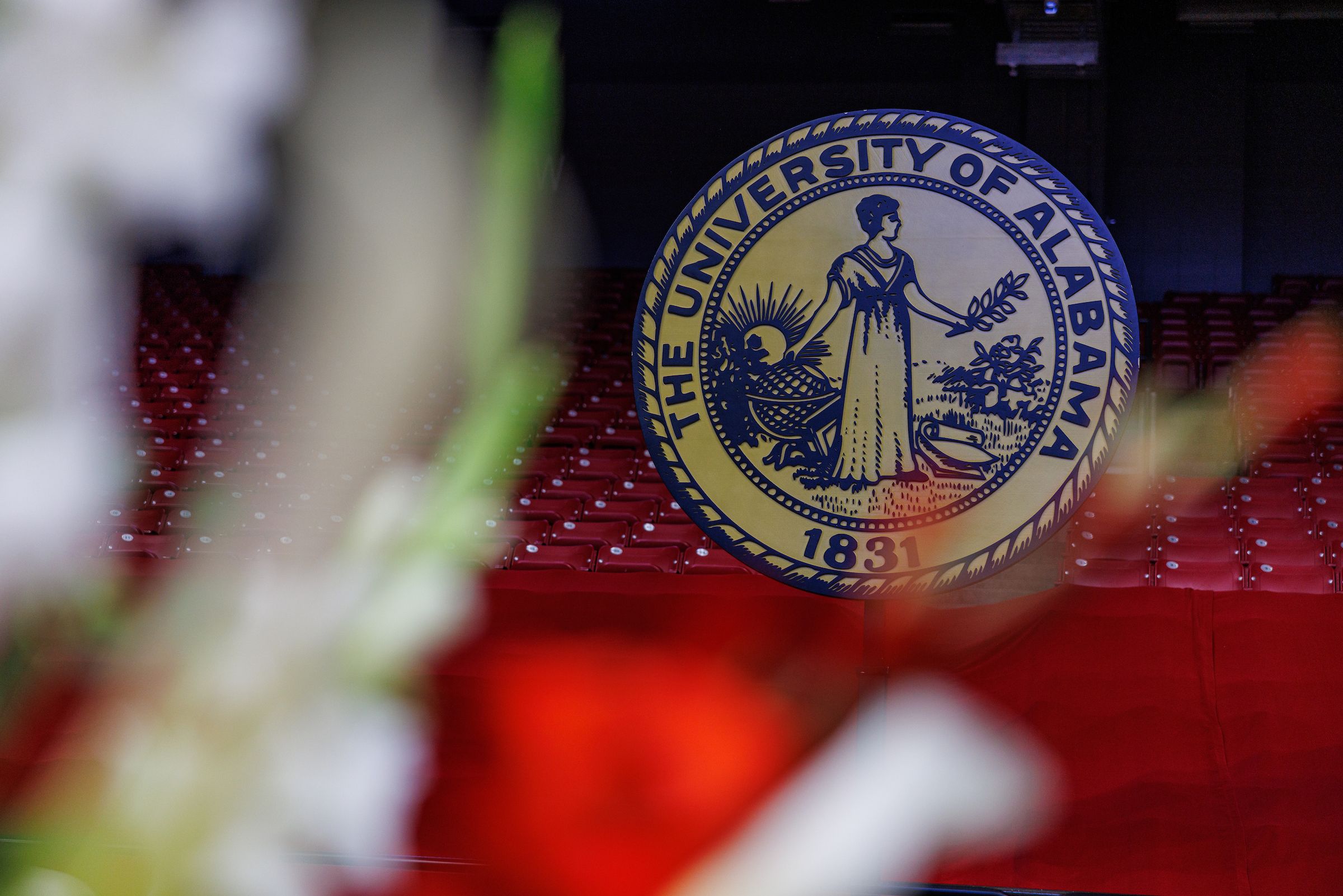

BLAST Academy fills gap, provides fun summer learning for local students

As BLAST Academy takes off this summer, the program is planning to implement a few changes to further enhance students’ summer learning experience. For its third year, BLAST is sharpening its focus to working with kindergarteners through fifth graders. Students can expect some new curriculum options as well with the addition of computer science and world language rotations.
For three weeks in July, BLAST Academy uses its engaging lessons and multi-faceted curriculum to capture the attention and interest of young students, keeping them eager to learn with activities they don’t typically see inside a classroom.
Recent research proves keeping children engaged while they are out of school can help combat the effects of the “summer slide,” or the learning loss students face when not in school. BLAST – or Building Leaders through the Arts, STEAM, and Teamwork – is specifically designed to energize young students’ minds and minimize the learning regression they are at risk of experiencing over the summer.
“Local districts usually do their summer programming in June, so we saw this program as coming alongside to fill that gap in July, to prepare and give students an opportunity to continue learning before they go back to school,” said Dr. Andrea Ziegler, director for community education in the UA Division of Community Affairs.
The program immerses young learners in enriching study rotations that include music and theater, literacy and world languages, STEAM (science, technology, engineering, arts and mathematics), computer science, physical activity and social emotional learning. Rotation activities are led by UA student instructors who have used their expertise to put together fun, age-appropriate experiments for the campers.
"Families do feel that their children get a lot out of (BLAST Academy). They enjoy seeing the connections, the interaction with the UA students ... they like being present on campus," Ziegler said. "It means a lot to these families."
One of the key reasons behind limiting the age range this year to children who have completed kindergarten through those who’ve finished fifth grade is to ensure more K-3 students receive literacy interventions this summer, said Dr. Amanda Cramer, BLAST Academy director and clinical assistant professor in early childhood education.
“We really wanted to increase those numbers because of the amount of Multiple Abilities Program or MAP students who will be working with us this year,” she said.
These MAP students will lead the reading interventions with BLAST campers, continuing the program’s partnership with Literacy Education Program Director Dr. Carol Donovan.
BLAST will also collaborate with the School of Social Work for structured social emotional learning as well as UA students from engineering, education, music education and a variety of other majors.
Cramer said the Alabama hockey team plans to work with BLAST students one week as well, showing and teaching them the basics of hockey.
“We really have tried to hire a diverse pool of instructors this summer. There are many careers out there that interact with young children that are not educators, so I think allowing students to investigate and pursue those areas of interest, try things out, is another key piece (of our program),” she said.
Through BLAST Academy, UA students get the chance to mentor one another as they collaborate on these activities. The initiative also keeps college students who are in town for the summer engaged with the community while giving them time to work with children outside of the busy academic year.
"A big part of it is just providing an opportunity for UA students to work with local elementary students in meaningful, purposeful learning experiences that are also full of summer camp," Ziegler said. "Another benefit is piquing the interest of students in thinking about education, even if they aren't education students and providing ways for them to fulfill that portion of service by giving back to the community."
With about half of the BLAST staff being education students, Cramer said being able to witness them step up and be leaders, especially her students, is special.
“Getting to see them shine in that space they really are passionate about and make that impact on young learners is the best part because being their professor, I don't always get to see that in the classroom,” she said.
BLAST Academy begins July 7 and will end on July 25. Camp is held Monday through Friday. Registration is open and will close in early June. Parents can register to have their child placed on a waitlist if the class they tried to register for is already full.
For more information on BLAST Academy, visit its website.
SWATT is a win-win for MAP and Holt Elementary students
For more than two decades, the after-school enrichment program Science, Writing, Art, Talents and Technology (SWATT) has given the College of Education’s Multiple Abilities Program (MAP) students a chance to start sharpening their teaching skills a bit early.
“It gives them a leg up because they’ve already had the opportunity before their internship to see how they manage (student) behavior when standing in front of a class,” said Sharron Maughn, MAP clinical instructor and teacher intern supervisor.
SWATT is a partnership with Holt Elementary School that not only offers juniors in MAP firsthand experience in managing a classroom but also provides a safe, controlled environment where they can explore different teaching strategies and receive constructive feedback from their program supervisors.
“By the last week, our students are saying, ‘We finally figured out how to do this, and we understand what you want us to implement. We did it,’” said Lisa Burgess, MAP clinical instructor and teacher intern supervisor. “They are so excited with the progress they’ve made and are so proud by the end.”
Each spring semester, participating students work with third, fourth and fifth graders from the time school ends at 2:30 p.m. until 5:30 p.m. at Holt Elementary. They are responsible for creating a fun learning environment and hands-on activities for their assigned group based on the subject they’ve been given. Each year revolves around a science unit, and this year’s theme was oceans. This means the students needed to incorporate that into their group’s activities.
Holt students in the program come back each year and are ready to learn because SWATT shows them that science can be fun and intriguing. Third- and fourth-grade groups incorporate everything from writing and art to talents and technology. But students really look forward to being in fifth grade, Burgess said, so they can work with robotics, programming and coding.
It’s not a typical school day. They get excited when they can harness their creativity and do something different.
“Parents say their kids come home thrilled about the things they’ve done and what they’re learning,” Maughn said. “They’re happy to have them stay after school because the kids are doing something that’s really engaging that they enjoy.”
With SWATT taking place over seven weeks or so on top of regular courses, the days can be long for MAP students. However, the knowledge and hands-on experience that they gain prior to their teaching placements is worth it, Maughn said.
By the end of the program, MAP students have honed their teaching and organizational skills, their time and behavior management techniques and learned to collaborate with peers whose teaching methods differ from their own.
SWATT truly is a learning adventure for all involved.
“We see our students making growth that I don’t think they could make any other way, so I think it is well worth it,” Maughn said. “I think by the end we all feel that this is why we do this. Students have grown in leaps and bounds in seven weeks – it is a large shift in what we see from them going in by the time the program ends.”
Dr. Macarena Suárez-Pellicioni
Dr. Macarena Suárez-Pellicioni
Study examines brain regions and their relations to financial skills
Assistant Professor of Educational Neuroscience Dr. Macarena Suárez-Pellicioni recently co-authored a paper with a colleague and former UA professor that explores the ways in which the brain can explain a person’s financial skills.
In “Separating neurocognitive mechanisms of maintenance and compensation to support financial ability in middle-aged and older adults: The role of language and the inferior frontal gyrus,” published in the Archives of Gerontology and Geriatrics, she and Dr. Ian McDonough, neuroscientist and Binghamton University associate professor of psychology, sought to determine the role of numeric processing brain regions in explaining financial skill in elderly people free of dementia.
When we solve multiplication problems like 2 × 3 = 6, we pull the answer from memory — just like remembering someone’s name. The part of our brains that stores these math facts for the long term is called the temporal cortex, while another part, the inferior frontal cortex, helps us find and use those facts when we need them. On the other hand, when doing subtraction, like 9 - 4, we often figure it out by calculating instead of just recalling it from memory. For this, our brains use the parietal cortex, which helps us understand numbers and their relationships.
“The goal of our study was to determine how brain regions involved in retrieving solutions from memory and performing calculations contribute to financial skills in healthy elderly individuals,” Dr. Suárez-Pellicioni said.
McDonough conducted an independent study on cognitively healthy adults ages 50-74, asking them to complete simple financial tasks, such as balancing a checkbook, then used MRI scans to measure the structural integrity and resting state functional connectivity of their brains.
What Suárez-Pellicioni and McDonough concluded is that structural integrity and functional connectivity in brain areas associated with the automatic retrieval of a solution from memory were positively associated with financial ability. Specifically, the study found that the inferior frontal gyrus played a critical role, with structural integrity of this brain region explaining financial ability through language skill.
“This suggests that maintaining the integrity of the region responsible for retrieving arithmetic facts from memory is linked to elderly people staying sharp with their finances,” Suárez-Pellicioni said.
"This aligns with the fact that financial difficulties are often one of the earliest signs of dementia in older adults, and the fact that frontal cortex is among the first regions to deteriorate in this condition," she added.
Suarez-Pellicioni specializes in numerical cognition in children, and her research focuses on understanding how the brain can predict gains in their mathematical skills over time, so analyzing data from an older population was different — however, these research results were not a surprise, she said.
“Many of my studies have shown that developing fluency with single-digit arithmetic serves as a foundation for more advanced mathematical skills later on. This study shows that structural integrity of the brain region involved in retrieving these facts remains crucial even much later in life, playing a key role in financial skills.
"We are currently gathering more data to further explore this association by having elderly participants solve math problems inside the MRI scanner. We plan to begin analyzing this data this summer," she said.
The results of these studies could pave the way for interventions aimed at preserving seniors’ financial independence, protecting them from financial scams and other types of financial exploitation.
The results of Dr. Macarena Suárez-Pellicioni and Dr. Ian McDonough's studies could pave the way for interventions aimed at preserving seniors’ financial independence, protecting them from financial scams and other types of financial exploitation.
The results of Dr. Macarena Suárez-Pellicioni and Dr. Ian McDonough's studies could pave the way for interventions aimed at preserving seniors’ financial independence, protecting them from financial scams and other types of financial exploitation.
COMING SOON TO A CLASSROOM NEAR YOU
Our early childhood education students gave their final pre-internship presentations at the end of the spring semester, sharing their individual experiences in classrooms of newborns to 5-year-olds.
We are excited to see them take the next step in their teaching journeys and begin their internships!
From left, team members Max Barbier, Francesco Felici and Martha Harris.
From left, team members Max Barbier, Francesco Felici and Martha Harris.
Wheelchair tennis wins 2025 ITA national championship, singles championship
The University of Alabama wheelchair tennis team took home the Intercollegiate Tennis Association (ITA) National Wheelchair Tennis Championship after beating Auburn University 2-0 on April 20.
This win brings the team's total championships to nine and makes 23 championships for the Adapted Athletics program.
Francesco Felici, a freshman from Italy, was named ITA Rookie of the Year and won the national singles title.
Spring tea party teaches pre-K students to be helpful & kind to their peers and others
ELI's lead teacher looks back on her four years with the program
In the spirit of the beloved children's book, Tammy Perry-Fowler has hosted her own Miss Spider's Tea Party all four years she's taught at the University of Alabama Early Learning Initiative (ELI) in Gadsden.
Each spring, she reads the book (written by David Kirk) aloud to an audience of students and parents — a story about a lonely arachnid who longs to host a tea party only to find that her insect neighbors are all too afraid to join. A sad Miss Spider then shows kindness to a rain-soaked moth, who reassures his fellow bugs that she means no harm. Soon, her table is full of new friends enjoying her company.
The tale promotes social emotional skills with the children and their parents, said Perry-Fowler, lead teacher of ELI's First Class Pre-K program.
“(Miss Spider) was misjudged wrongly by the other insects,” she said. “The moral or social emotional lesson for the children goes along with our daily promise pledge to show kindness and be helpful, along with solving problems with our words.”
With “Miss Spider's Tea Party” comes learning about gardening and different insects, which is also one of the units of study within the pre-K program's creative curriculum.
But the spring tea parties have long been a tradition for Perry-Fowler and hold a special meaning for her as well.
“My love for (the tea party) started with my mom. She would do this with my sister and me to welcome spring,” she said. “When I became a teacher years ago, I started the tradition ... with my students and parents during spring time.”
Perry-Fowler's mother helped with her tea party events whether she was teaching in public schools or educational coach at Head Start. She has 20 years of experience as an early childhood educator, a role she obviously cherishes and enjoys. She was brought on by Drs. Cailin Kerch and Alison Hooper to help them “build their vision” of the UA Early Learning Initiative in Gadsden.
“(ELI) was a bridge in my community that took kids from all around Etowah County,” she said “I had the privilege of meeting some amazing children and parents.”
Pictures from each year Perry-Fowler taught still hang in her classroom, and she looks back on her time at the UA Gadsden Center with sadness, but also with hope. She described her pre-kindergartenstudents and their parents, who often helped support and encourage her, as “amazing.”
“I have been honored to have the opportunity and enrichment learning experiences of four consecutive teaching years with the families in my community,” Perry-Fowler said. “I will miss this.”
From left, Dr. Brittany Adams and Dr. Cortney Dilgard
From left, Dr. Brittany Adams and Dr. Cortney Dilgard
RTFR receives grant to support upcoming local library events
In April, the student group and library-based literacy partnership Roll Tide For Reading (RTFR) received a Council on Community-Based Partnerships Seed Fund grant.
RTFR will be able to use these funds to support four upcoming public literacy events with local library branches, which will bring books, activities, and family engagement to areas in need in Tuscaloosa.
Led by Principal Investigator and Assistant Professor of Literacy Education Dr. Brittany Adams and Co-Investigator and Clinical Assistant Professor of Elementary Literacy Dr. Cortney Dilgard, the project, officially titled "Roll Tide for Reading: A Library-Based Literacy Partnership Serving Underserved Families in Tuscaloosa County," will receive $4,000 in funding.
This grant also allows RTFR to further its mission to foster family engagement with literacy and to increase children's access to books and interactive reading opportunities.
For more information on the organization and to keep up with its future events, visit the Roll Tide For Reading Facebook.
Program against school violence celebrates year of progress in rural school communities
Dr. Liza Wilson, professor emerita, and Dr. Holly Morgan, UA-UWA Regional Inservice Center director, spent the past year serving BAMA-STOP School Violence Program — a $1.2M initiative to reduce student violence and improve school climate in six rural Alabama counties. Through collaborative family-school-community education and evidence-based training for high school personnel (including school resource officers), this partnership between The University of Alabama and West Alabama school districts is creating safer, more connected school communities.
Dr. Liza Wilson and Dr. Holly Morgan
Dr. Liza Wilson and Dr. Holly Morgan
Watch this video to see highlights from Year 1 of the BAMA-STOP School Violence Program.
Elementary teachers complete 5-year NSF Master Teaching Fellowship to become math specialists
Twenty-six elementary teachers who just completed their National Science Foundation (NSF) Master Teaching Fellowships were honored for their incredible commitment and work at a recognition ceremony this month.
The teachers were participants in Preparing, Supporting and Retaining Elementary Mathematics Specialists in High-need Urban Schools (PSREMS), a five-year NSF Noyce Track 3 project led by Principal Investigator Dr. Susan Auslander, professor of elementary mathematics education.
The project prepared and supported these 26 elementary school teachers as Elementary Mathematics Specialists, who are highly effective mathematics teachers and teacher leaders. They each participated in intensive professional development that included university courses, learning communities and individual mentoring.
Over their five-year commitment to the project, the fellows have had much direct and indirect impact upon improving students' learning of mathematics and through their teacher leadership have fostered community connections via support for a nonprofit's after-school tutoring program. They have also supported parents and families by leading school-wide math community events and providing resources for aiding children's mathematics learning at home. These 26 individuals have all coached teacher candidates and novice teachers at their school sites and provided valuable professional development to their peers.
Future teacher and UA grad inspires the next generation
For some students, going to class is enough. Raven Butler, however, aims to reimagine the classroom.
The Paducah, Ky., native is committed to fostering service-driven leaders. As an elementary education major set to graduate in May, Butler has been pushing fourth and fifth graders all around Tuscaloosa County to succeed in math.
Recipients of College of Education Elevate Research Grant Awards
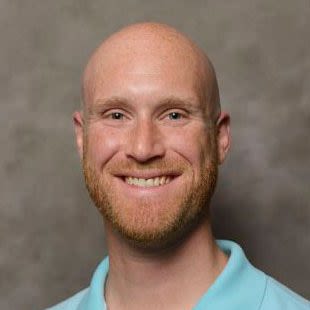
Dr. Michael Fedewa
Department of Kinesiology

Dr. Latrise Johnson
Department of
Curriculum and Instruction
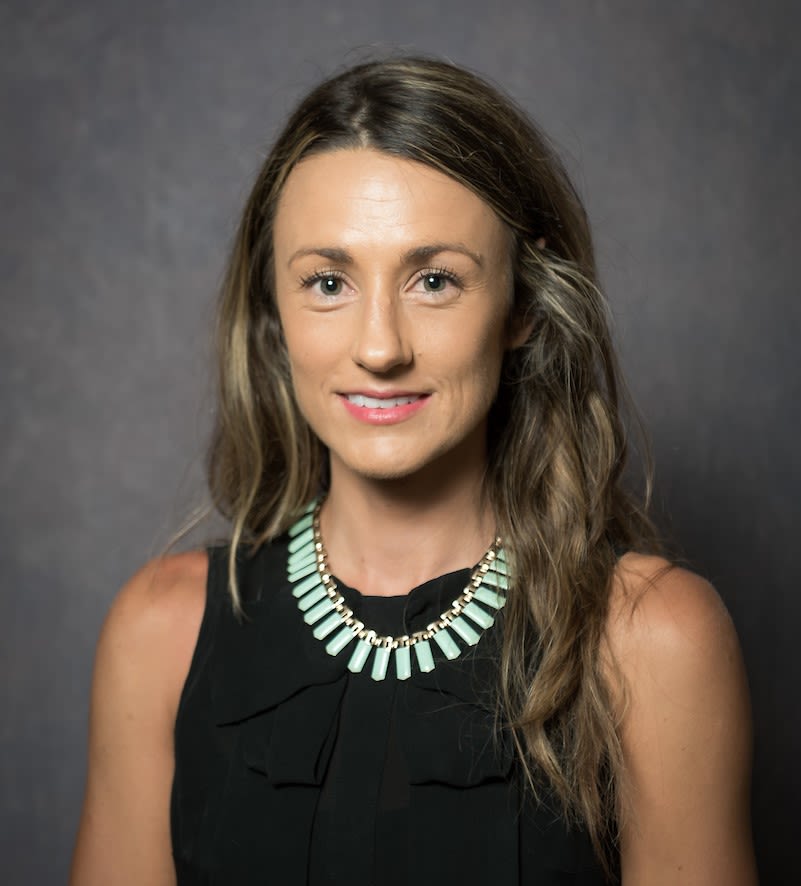
Dr. Hayley MacDonald
Department of Kinesiology
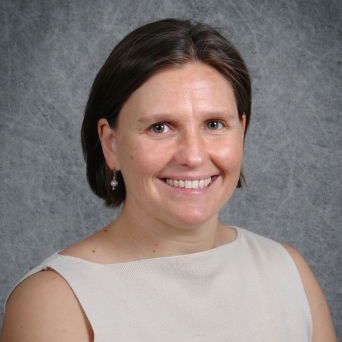
Dr. Margaret Stran
Department of Kinesiology
Honors & Achievements

Dr. Elroy Aguiar featured in Health article on how walking pace can affect heart rhythm
Dr. Elroy Aguiar was quoted in a recent online Health article written by Simon Spichak titled "Walking at This Pace Could Lower Your Risk of a Common Heart Problem, Study Suggests." The article discusses that new research shows walking at an average or quick pace could lower the risk of heart rhythm issues.
Dr. Aguiar points out some issues with the study in the article.
“There are a few weaknesses to this study, which the authors mostly acknowledge, including the age range of the sample, which excludes the older adults 70 and over, and the majority white sample, so the results may not be generalizable to other ages and racial or ethnic groups,” he said.
Click here to read the full article and see what other information Dr. Aguiar shared.
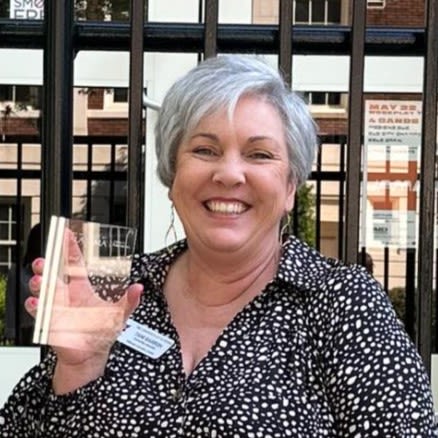
Tami Barron recently honored with Staff Council Professional Excellence Award
In April, Accounting Assistant Tami Barron was honored with the UA College of Education Staff Council Professional Excellence Award.

Dr. Kevin Crombie chosen for COE Grant Fellows Program
Assistant Professor of Exercise Science
and Director of the UA Exercise Psychology Laboratory Dr. Kevin Crombie
was recently selected as a 2025-26 cohort member of the College of Education Grant Fellows Program.
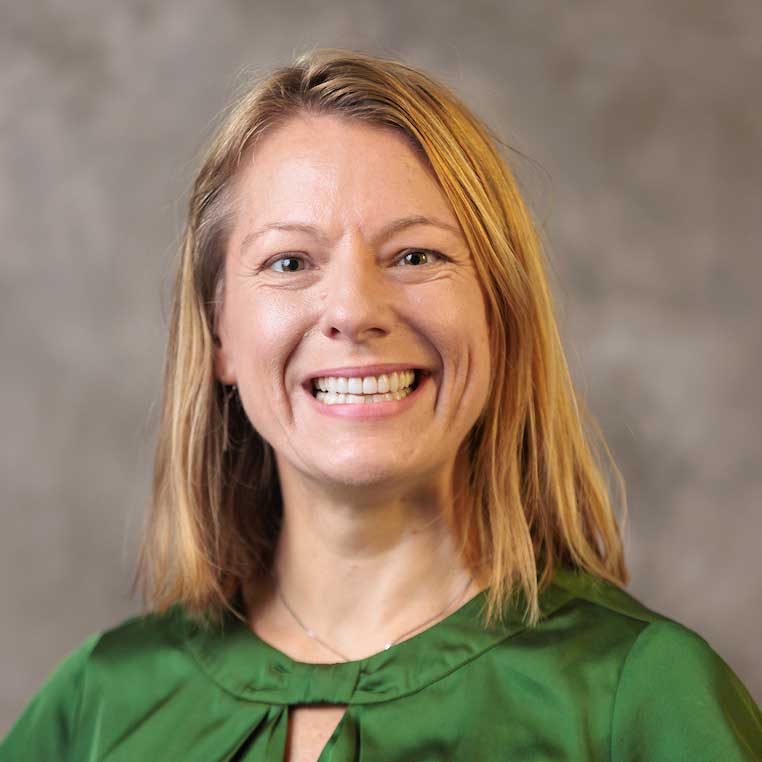
Dr. KC Culver presents at Association for Institutional Research forum
Dr. KC Culver, assistant professor of higher education administration, recently gave a presentation called "Unlocking the potential of faculty data on your campus" at the Association for Institutional Research (AIR) Forum in Orlando, Fla., on May 22.
This facilitated discussion for institutional researchers focused on strategic questions to ask about their faculty workforce, data needed to answer those questions and institutional researchers as change agents to support faculty success.
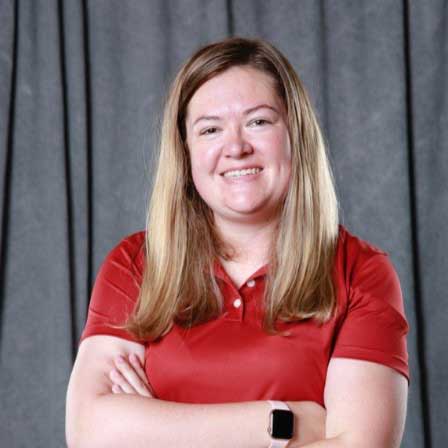
Alex Curry to serve as wheelchair basketball athletics trainer for Team USA
Alabama Adapted Athletics Director of Sports Medicine and Adjunct Instructor of Kinesiology Alex Curry has been selected to serve on staff as the athletics trainer for the Women’s USA Wheelchair Basketball Team at the 2025 IWBF Americas Cup, a Zonal Qualifier for the IWBF World Championships.

Dr. Michael Fedewa joins the UA Faculty Teaching Fellows Program
Dr. Michael Fedewa, associate professor of exercise science, has been selected as a 2025-26 cohort member of the UA Faculty Teaching Fellows Program.

Dr. Hee Jung Gong speaks at ASHE CIHE Networking Roundtables event
Assistant Professor of Higher Education Administration Dr. Hee Jung Gong was invited to speak April 9 at the 2025 Association for the Study of Higher Education (ASHE) Council for International Higher Education (CIHE) Networking Roundtables Program. Gong discussed Navigating the Tenure Track Faculty Job Market during the virtual event.
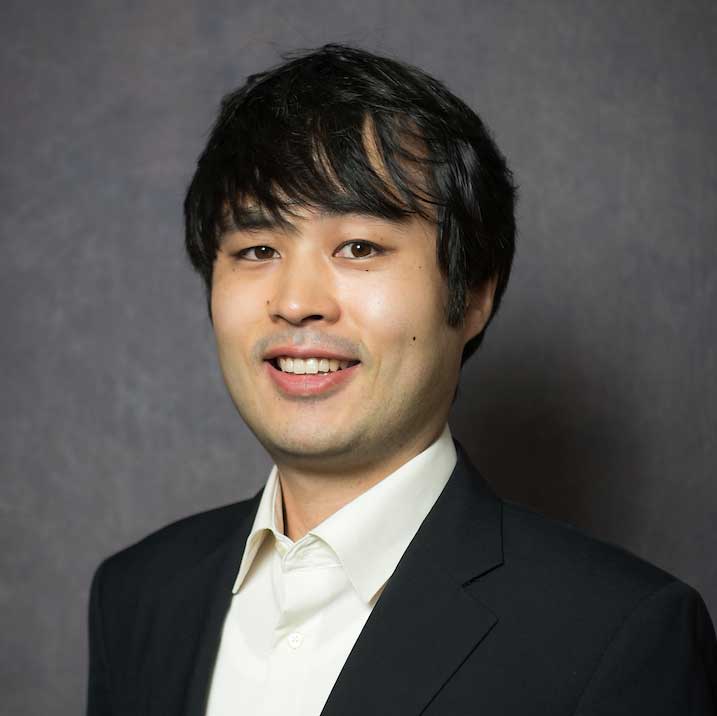
Dr. Hyemin Han wins Nellie Rose McRory Faculty Excellence in Research Award
Dr. Hyemin Han, associate professor of educational psychology and educational neuroscience and program coordinator of the Educational Psychology MA/PhD Program, recently received the 2025 Nellie Rose McCrory Faculty Excellence in Research Award.
Han also gave a keynote presentation titled "The power of role models and mentors in moral and character educator: Why, who, and how" at the MA Character Education Residential in Boston, Mass. in April.

Ryan Hynes selected as assistant coach of Team USA's women's wheelchair basketball team
Alabama Adapted Athletics Women’s Wheelchair Basketball Head Coach Ryan Hynes was selected as an assistant coach for the Women’s USA Wheelchair Basketball Team at the 2025 IWBF Americas Cup.
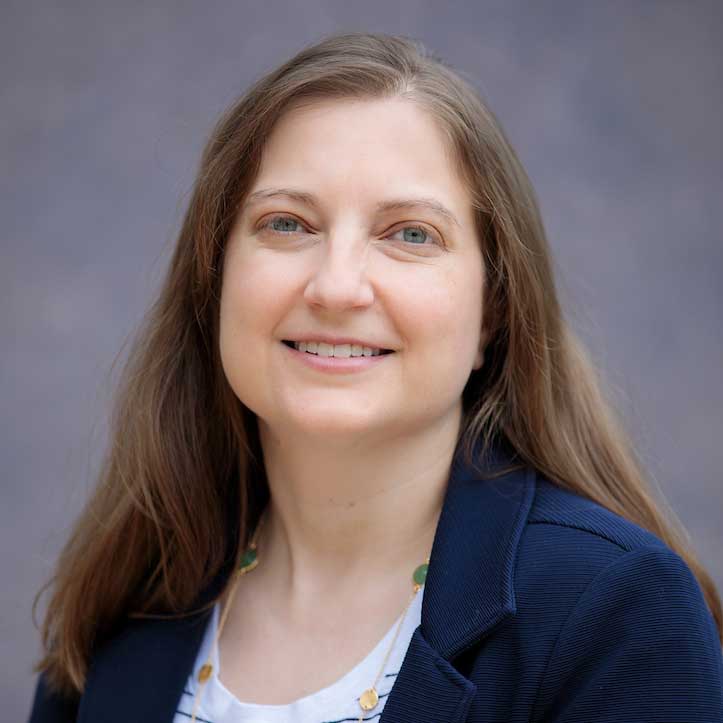
Office of Interdisciplinary STEM Education Research host's fifth annual SciREN expo
The Office of Interdisciplinary STEM Education Research (ISER) hosted the fifth annual Scientific Research and Education Network (SciREN) networking expo event in April at the Alabama Natural History Museum.
SciREN and ISER leadership team members Dr. Joni Lakin, associate professor of educational studies, and Dr. Shannon Davidson, assistant professor in science education, were members of the 2025 SciREN expo's steering committee. About 50 UA researchers and K-12 teachers came together at the event to share their respective expertise about local STEM research and K-12 educational needs.
Dr. Lakin also recently offered coaching for Elementary Science Olympiad for nearly 20 third- through 12th-grade teachers.
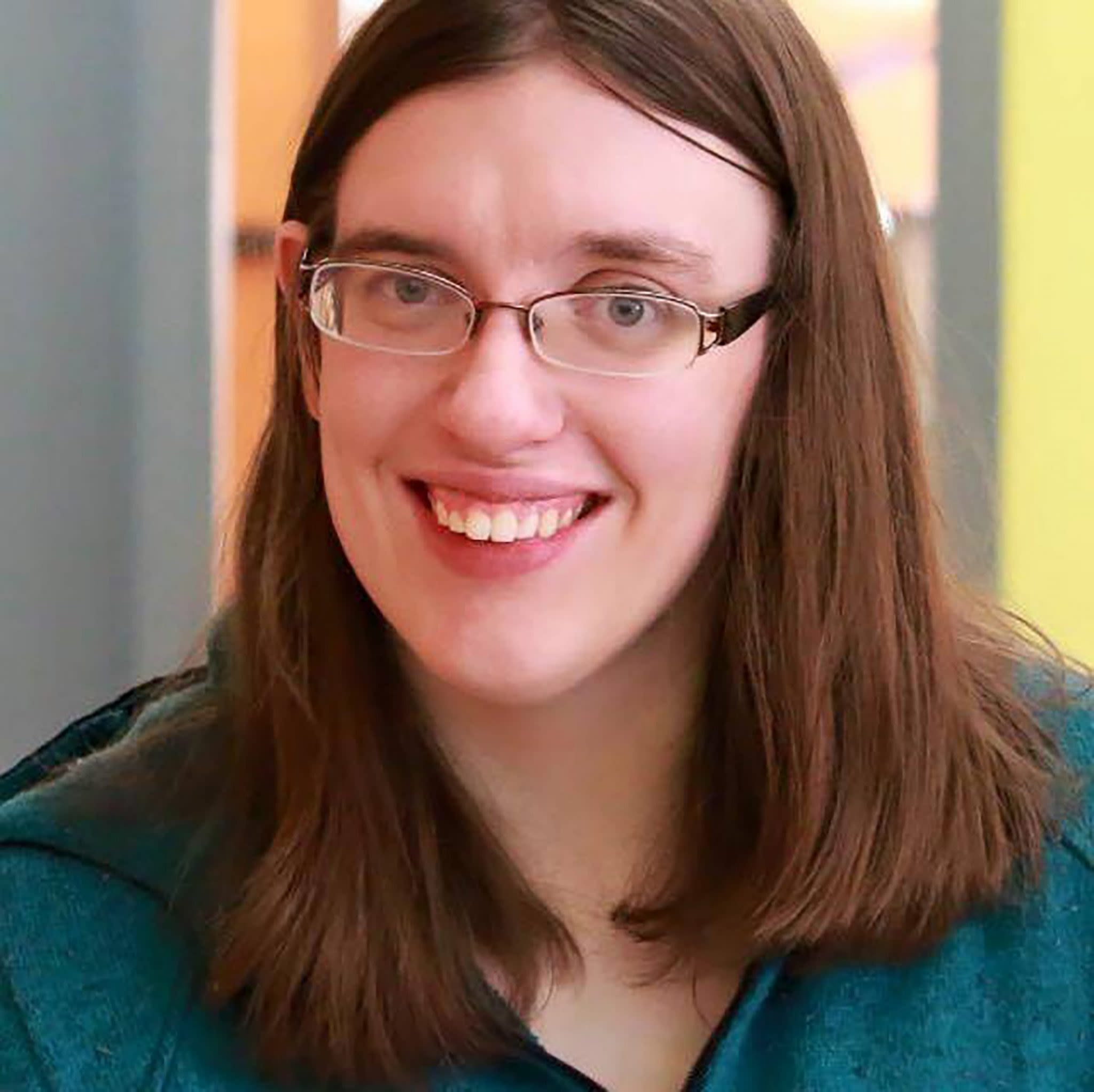
Paper by Dr. Emily Lund selected as American Psychological Association Journal Editor's Choice
Dr. Emily Lund's paper titled "Advocacy considerations regarding medical aid in dying for people with nonterminal chronic illnesses and disabilities" was recently selected by American Psychological Association Journal editor as its Editor's Choice selection.
Lund's paper will be featured in the journal's Editor's Choice newsletter, which showcases top science publications.
Editor’s Choice papers, according to the American Psychological Association Journal website, "represent the best science in each area of our discipline."
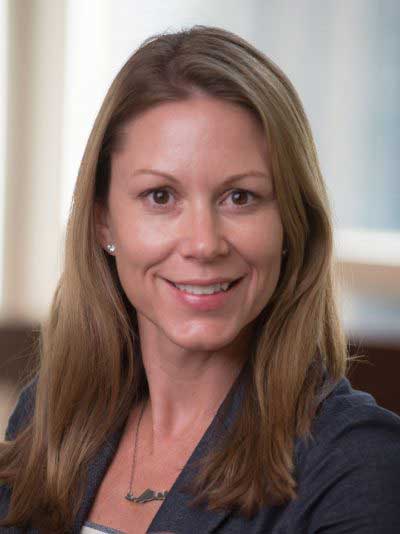
Dr. Sara McDaniel's book on Tier 2 social, emotional and behavioral supports in schools now a Guilford Bestseller
"Social, Emotional, and Behavioral Supports in Schools: Linking Assessment to Tier 2 Intervention," published last year by Dr. Sara McDaniel, director of Center for Interconnected Behavioral and Mental Health Systems (CIBMHS) and UA professor of special education, and two co-authors is now a Guilford Press Bestseller.
The book – coauthored by Dr. Allison Bruhn, professor of special education at the University of Iowa and executive director of the Scanlan Center for School Mental Health, and Dr. Sara Estrapala, assistant research professor in the Department of Special Education at the University of Missouri–Columbia – is a user-friendly resource that will help educational practitioners and preservice teachers navigate implementation of Tier 2 framework. It also aims to assist in identifying and addressing individual K-12 students’ social, emotional, and behavioral by using evidence-based positive behavioral interventions and supports, specifically from Tier 2.
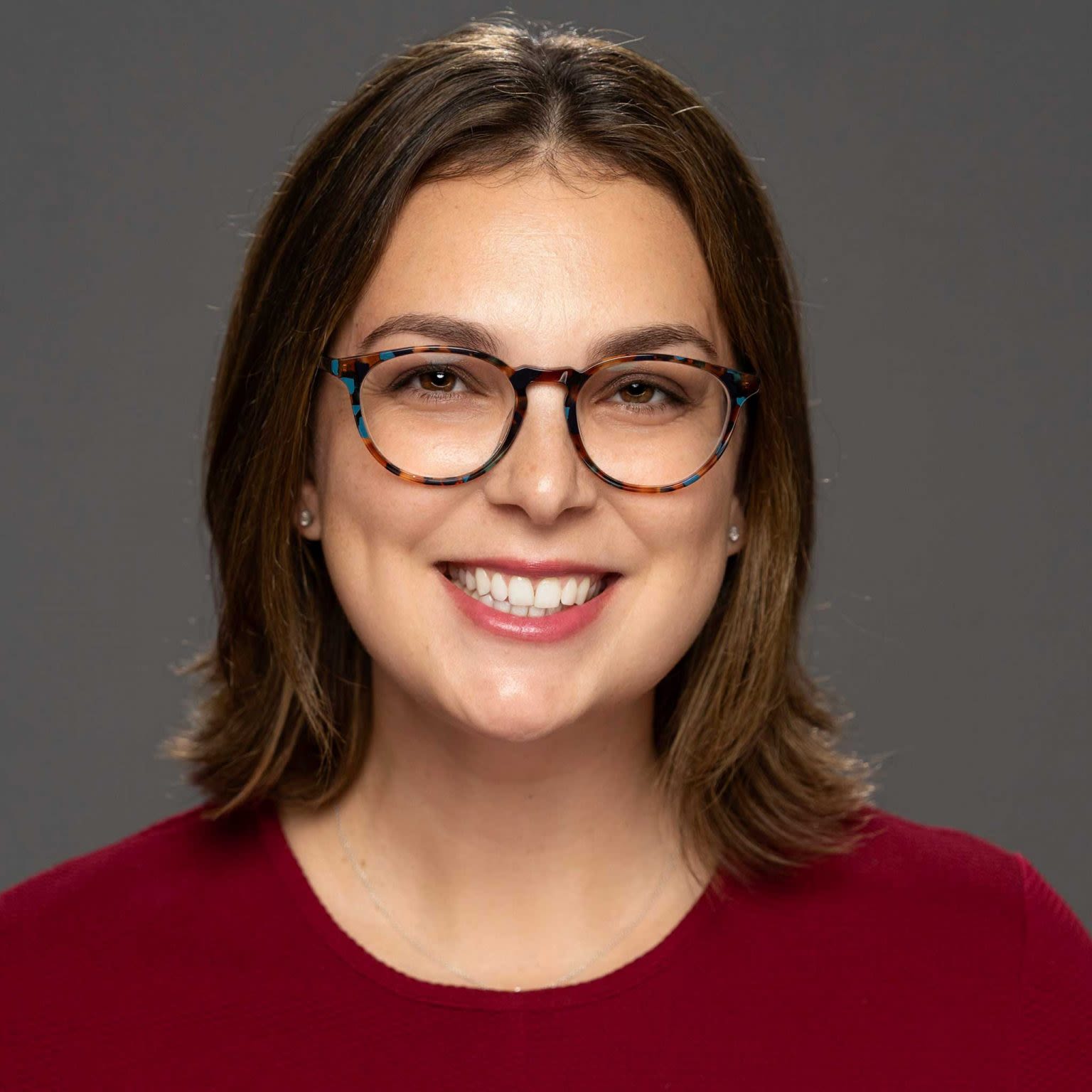
Dr. Anna Moyer named a 2025 Emerging Education Policy Scholar, travels to D.C. to meet with education experts
Assistant Professor of Educational Leadership Dr. Anna Moyer was recently named a 2025 Emerging Education Policy Scholar by the Thomas B. Fordham Institute and the American Enterprise Institute. As part of the program, Moyer traveled to Washington, D.C., twice during the spring semester to convene with other early career researchers, policymakers, journalists and leaders from think tanks and philanthropic organizations to discuss how to bridge the policy-practice divide and improve public education.
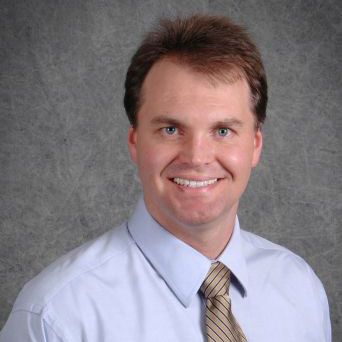
Research group led by Dr. Oleg Sinelnikov wins best presentation at Science in Soccer Conference
Dr. Oleg Sinelnikov, professor of sport pedagogy, was not only invited to be keynote speaker at the Science in Soccer Conference this month in Wilmington, N.C., but his research group also won Best Research Presentation Award for its presentation titled “A Systematic Observation of Head Collisions in NCAA Division 1 Women’s Soccer.”
Sinelnikov and Dr. Colin Barnes at University of North Carolina Wilmington both led the research team, which was a collaboration with UNCW faculty and the athletics department. UA sport pedagogy doctoral students James Thompson, Boone Brown, Robert Fukuhara and master’s student Izaak Parker were part of the research group, whose work was based on multi-year grant work with US Soccer.

Dr. Margaret Stran to participate in Honors College summer course workshop, create new UH section
Clinical Associate Professor of Kinesiology Dr. Margaret Stran was selected to participate in the Honors College Summer Course Design Workshop for her proposal, Signature Works with a Disability Focus. Hers was among the strongest proposals the Honors College received. Completion of this workshop will position Stran to develop and teach a section of UH 401, or Senior Capstone: Signature Work, in the fall.
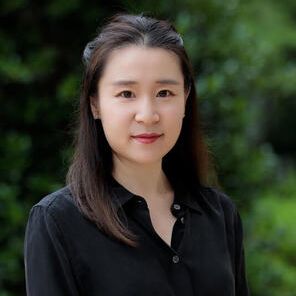
Dr. Yurou Wang recently accepted into 2025 MATI cohort
Dr. Yurou Wang, clinical assistant professor of educational psychology, was recently accepted into the Meta-Analysis Training Institute's (MATI) 2025 cohort due to her demonstrated investment in systematic reviews and meta-analysis in education. The institute received a large number of high-caliber candidates this year, heightening the importance of Wang's acceptance.
MATI will take place this summer from July 28 through Aug. 1.
Drs. Cynthia Szymanski Sunal and Kagendo Mutua publish book on issues in public education for minorities in Africa, Caribbean, Middle East
In March, Professor Emerita Dr. Cynthia Szymanski Sunal, Assistant Professor at Arizona State University Dr. Oluseyi Matthew Odebiyi, and Director of International Programs Dr. Kagendo Mutua published a new volume in the series titled "The Education of Minorities in Africa, the Caribbean and the Middle East," which details the complexities of the educational experiences of minorities in these regions and highlights critical issues regarding the "efforts intended to make relevant and appropriate public education available" to the minority groups in those regions, according to the book's synopsis.
The book is available for purchase here.
Sport pedagogy grad students, professors present at SHAPE America National Convention
Sport pedagogy graduate students Adam Wolecki, James Thompson, Natalia Molska, Wonhee Lee, Robert Fukuhara and Boone Brown, along with sport pedagogy professors Drs. Deb Baxter, Libba Woodruff and Oleg Sinelnikov delivered multiple research presentations at the SHAPE America National Convention in Baltimore, Maryland, in April.
Kinesiology students present about swimming program at Community Engagement Awards
Alisha Mulligan, who received her bachelor's degree in physical education this month, and Boone Brown, a sport pedagogy doctoral student, were one of nine outstanding research poster presentations at the 19th Annual Excellence in Community Engagement Awards. Their poster, titled "From Classroom to Community: Kinesiology Students Making Waves at Swim to the Top," focused on the impact of Swim to the Top, a six-week program that makes swimming lessons more accessible for young students in the community.
Alumni News
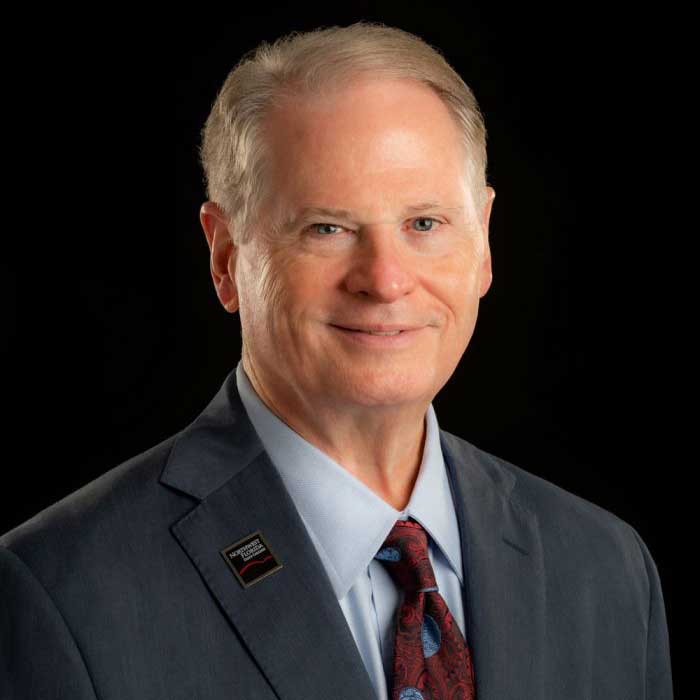
Dr. Devin Stephenson named a correspondent academician of RAED
President of Florida Polytechnic University and UA alumnus Dr. G. Devin Stephenson recently received the honor of becoming a correspondent academician of the Royal European Academy of Doctors (RAED). This international recognition is a testament to his many contributions to academia and leadership.
Stephenson is a two-time College of Education graduate, earning his master’s in 1992 and his doctorate in 1997, both in higher education administration. He is also a COE Alumni Award inductee, receiving the Harold L. Bishop Award for Leaders in 2023.
If you are in need of support from the COE Student Food Pantry, apply here 👈
Questions?
Interested in volunteering?
Email edupantry@ua.edu ✉️
Mark Your Calendars
MAY 26
Memorial Day
UA closed, classes dismissed.
JUNE 19
Juneteenth
UA closed, classes dismissed.
JULY 4
Fourth of July
UA closed, classes dismissed.
Student Deadlines
MAY 27
Full Term & Summer 1 Classes Begin
JUNE 25
Summer 1 Classes End
JULY 2
Summer 2 Classes Begin
JULY 30
Full Term, Summer 2 &
All Summer Classes End
Have an announcement or story idea?
We want to hear from you!
Articles by
Kelcey Sexton
Communications Specialist
Visit the official College of Education website at education.ua.edu.























































